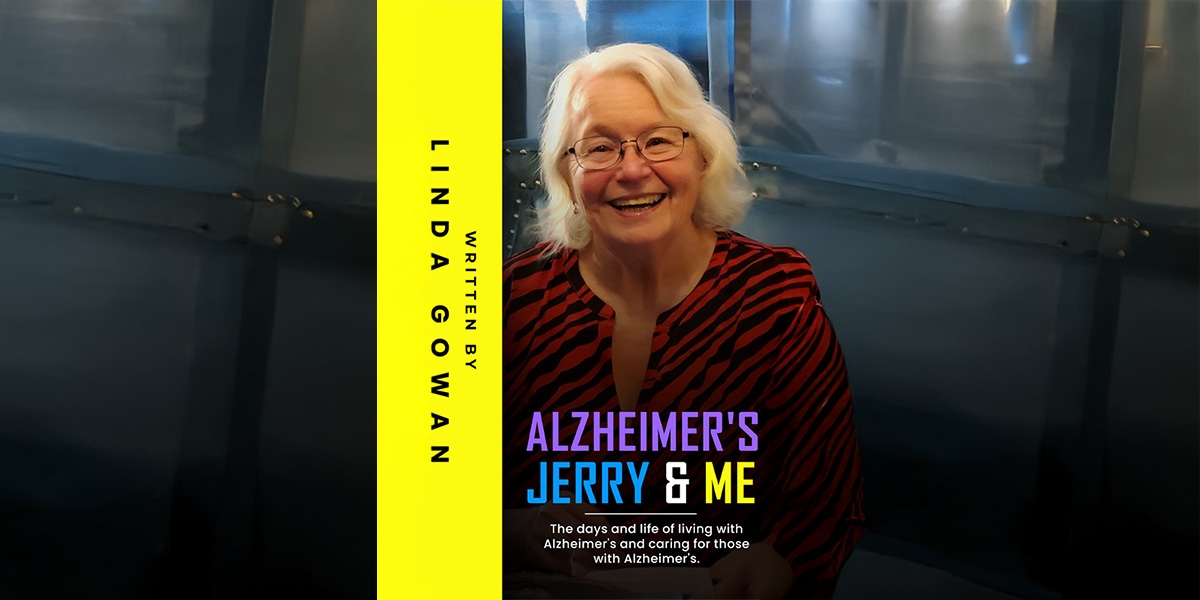Why is E-commerce Critical for LA Retailers?
Los Angeles has always been a hub for retail, drawing shoppers from all over the world. But when brick-and-mortar shops shut down during the pandemic, businesses realized that relying solely on physical foot traffic was risky. E-commerce platforms became lifelines, allowing retailers to stay connected with their customers and even expand their reach beyond the local market.
With the return of tourists and the increasing demand for convenience, integrating e-commerce into retail has become a necessity. LA’s unique blend of local shoppers and international visitors has created a need for retailers to offer seamless online shopping experiences that are as enticing as their in-store offerings. The goal is not just to sell products but to build a brand experience that resonates with customers, no matter where they are shopping from.
Take, for example, the rise of “click and collect” services. This model allows customers to shop online and pick up their purchases at the store, combining the convenience of e-commerce with the tactile experience of shopping in person. Many LA businesses have also embraced local delivery options, catering to both tourists looking for quick turnarounds and locals who prefer the convenience of having products brought directly to their doors. It’s a hybrid approach that meets the demands of a fast-paced, digitally-savvy city.
How Are Social Media and Influencers Shaping E-commerce in LA?
If there’s one thing LA retailers know how to do well, it’s leveraging social media. In a city where image and culture are everything, brands have found innovative ways to connect with their audiences through platforms like Instagram, TikTok, and YouTube. Influencer marketing, in particular, has become a driving force in promoting products to a wider audience.
Influencers, especially local ones, provide authenticity that traditional advertising often lacks. Whether it’s a fashion blogger showcasing the latest trends or a foodie sharing their favorite local eats, influencers help businesses build trust and foster connections with their target market. For LA tourists, influencer recommendations often serve as a guide to discovering hidden gems, while locals use these recommendations to stay ahead of trends.
But it’s not just about getting influencers to promote products. Retailers are also using these platforms to create engaging content that goes beyond sales. Behind-the-scenes videos, product demonstrations, and customer reviews help humanize brands, making them more relatable. In turn, this leads to increased engagement and customer loyalty.
Local businesses in areas like Venice Beach and Silver Lake are perfect examples. By teaming up with influencers, these retailers have successfully blended online and offline experiences. Shoppers may first discover a product through an influencer’s post, then visit the store for a personal experience, or simply purchase the item online. This integration of social media with e-commerce creates a powerful cycle of discovery and purchase that benefits both retailers and customers.
Can E-commerce Help Retailers Compete in a Touristic City?
Tourism is bouncing back in Los Angeles, and with it, retailers are finding ways to cater to this valuable customer base. Tourists often want a unique shopping experience, and while LA’s physical retail spaces offer that, e-commerce has made it possible to extend this experience beyond the city’s borders.
For tourists, the ability to shop online before arriving in LA—perhaps even scheduling their purchases for delivery to their hotel—adds convenience and enhances their overall experience. And when they return home, tourists can continue to shop from their favorite LA stores online, extending the relationship long after their visit. This is particularly valuable for retailers who offer exclusive or hard-to-find items that tourists want to access even after leaving the city.
Retailers are also taking advantage of e-commerce to offer personalized experiences. By collecting data on customer preferences, they can send targeted marketing messages and personalized offers, ensuring that every interaction feels custom-tailored. For example, a tourist who purchases a high-end handbag from a luxury store in Beverly Hills might receive personalized recommendations for accessories through email or social media, based on their previous purchase. This kind of attention to detail helps build brand loyalty, turning a one-time tourist shopper into a repeat online customer.
Moreover, local delivery options are not only for residents. Many tourists prefer to avoid carrying bulky shopping bags while exploring the city. With same-day or next-day delivery services, retailers can cater to tourists who want the convenience of having their purchases delivered directly to their hotels. This service enhances the overall shopping experience and makes e-commerce an attractive option for travelers looking to shop without the hassle.





